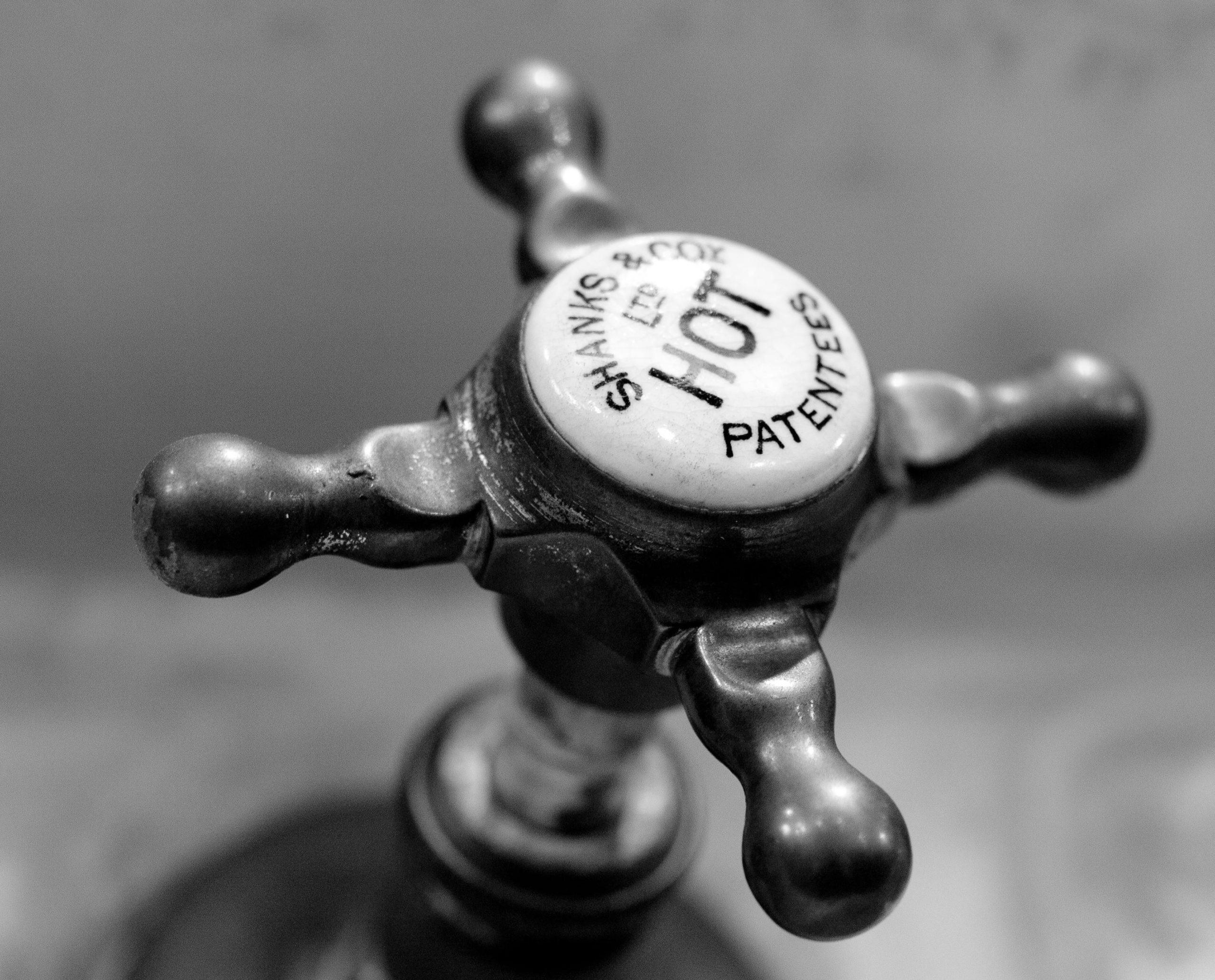Understanding the Variability in British Tap Water Taste Across Different Postcodes
If you’ve ever traveled within the United Kingdom, you might have noticed a peculiar phenomenon: tap water that tastes markedly different from one region to another. One day, a sip in Leeds might remind you of biting into a copper pipe, while in Devon, the water feels as pure as glacier melt, and in London, it seems so overly chlorinated that you might as well chew on it. This raises an intriguing question: why does water sourced from different parts of the UK taste so distinct, and what factors contribute to these variations?
The Complexity Behind Tap Water Composition
The taste of tap water is influenced by a multitude of factors, including:
- Source Water Characteristics: Different regions rely on varied sources such as surface water (rivers, lakes) or groundwater (aquifers). Each source has unique mineral profiles, affecting flavor and mineral content.
- Mineral Content: Elements like iron, copper, calcium, magnesium, and manganese occur naturally in water and can significantly influence taste. High copper levels, for instance, can produce a metallic or coppery flavor.
- Water Treatment Processes: Municipal water suppliers treat raw water to remove contaminants, add disinfectants like chlorine or chloramine, and sometimes adjust mineral content. These processes can alter water taste noticeably.
- Distribution Infrastructure: Aging or corroded pipelines can leach metals into the water, affecting flavor, especially in older cities with historic infrastructure.
- Local Regulations and Standards: While the UK adheres to overarching water quality standards, local variations in treatment practices and source protection can lead to differences.
Regional Drinking Water Profiles
- Leeds: The water here often passes through older, iron-rich piping infrastructure, which may contribute to a metallic, copper-like taste. The mineral profile may include higher iron or other metals originating from local geology.
- Devon: Known for its pristine, glacial-origin water sources, the water in Devon is often naturally low in mineral content and subject to minimal treatment, resulting in a fresh, clean taste.
- London: With its extensive and aged pipework, alongside treatment methods that include chlorination, London’s tap water can have a noticeable chlorine flavor, which some describe as harsh or medicinal.
The Desire for a Unified Standard
This regional variability leads many consumers to wonder whether a universal, “national” standard for tap water quality and taste could be implemented across the UK. While safety and health
